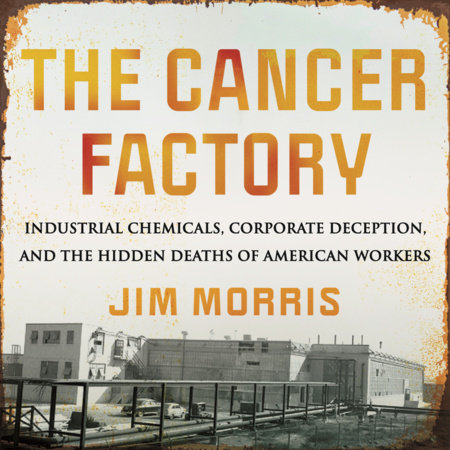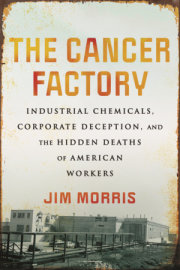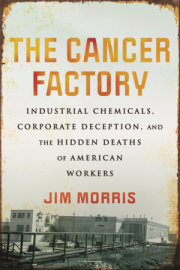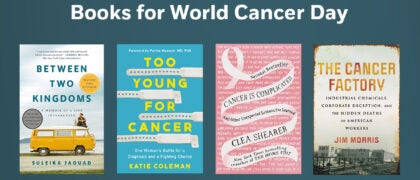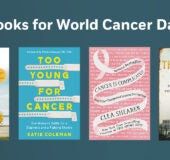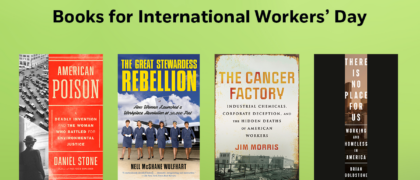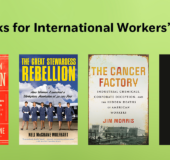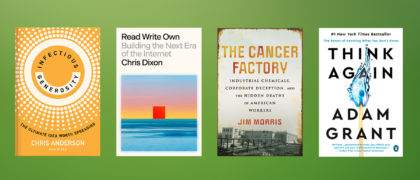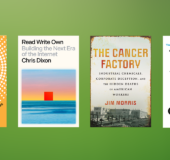Introduction
CHAPTER 1
Niagara Falls Becomes an Industrial Leviathan
CHAPTER 2
Ray and Dottie
CHAPTER 3
An American “Casualty List”
CHAPTER 4
A New Law, Promptly Assailed
CHAPTER 5
Tyler’s Asbestos Disaster
CHAPTER 6
Vinyl
CHAPTER 7
Harry Breaks Free
CHAPTER 8
Eula
CHAPTER 9
A Blue-Collar Social Club
CHAPTER 10
DuPont and Dominic
CHAPTER 11
Cancer Erupts at Goodyear
CHAPTER 12
Reagan
CHAPTER 13
Harry Moves Up
CHAPTER 14
What Is Bladder Cancer?
CHAPTER 15
The Goodyear Epidemic Spreads
CHAPTER 16
Ray and Harry Get Bad News
CHAPTER 17
Wodka Fortifies His Case Against DuPont
CHAPTER 18
Chemicals Are Out of Control
CHAPTER 19
Old Scourges Revisited
CHAPTER 20
Kids
CHAPTER 21
Ray and Harry in Retirement
CHAPTER 22
Wodka Finishes the Fight
CHAPTER 23
Wodka’s Crucible
CHAPTER 24
Workers Are (Mostly) on Their Own
CHAPTER 25
“This Stuff Just Doesn’t Give Up”
Postscript
Acknowledgments
References
Index

